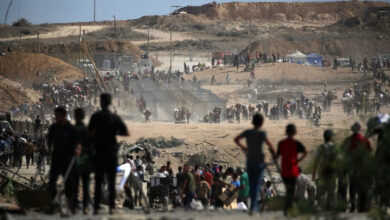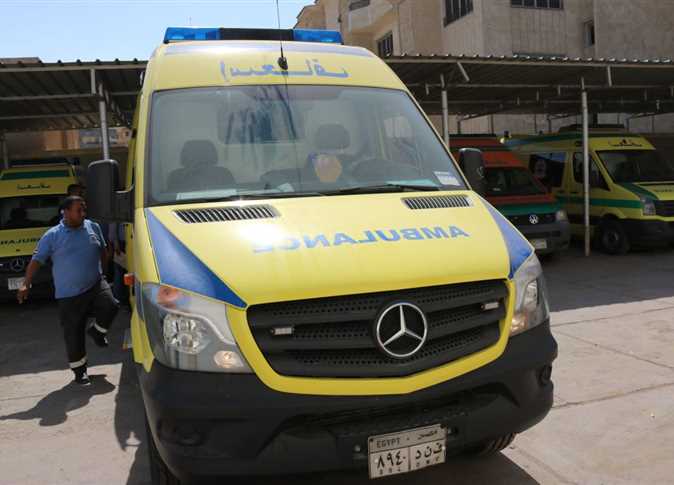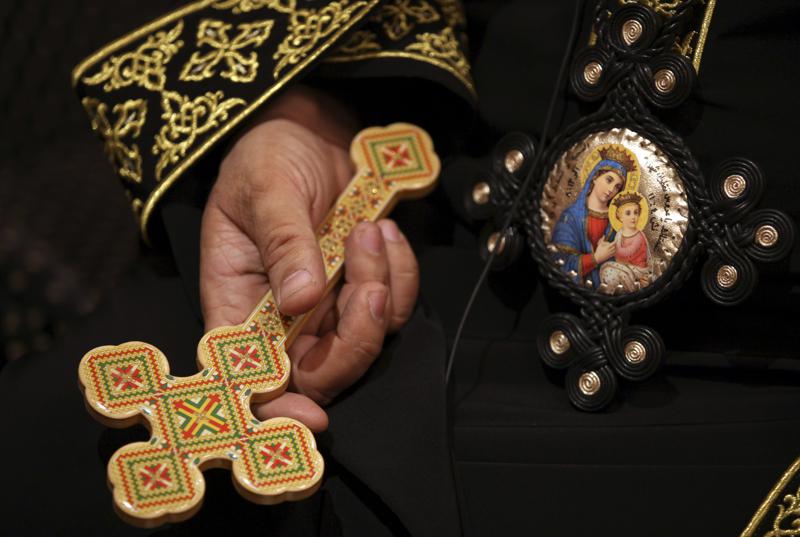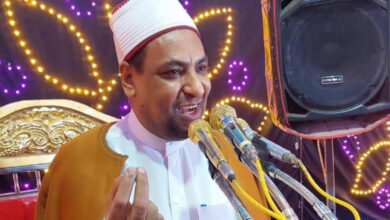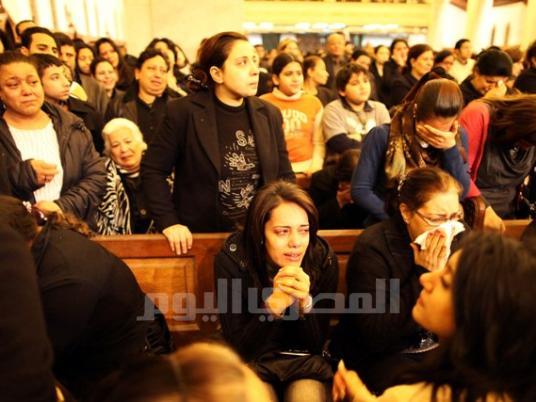
Amnesty International slammed the government on Wednesday for failing to protect Coptic Christians, the largest religious minority in the country.
“Coptic Christians [in Egypt] must be protected from sectarian violence,” the international human rights body said in a statement.
Amnesty said there had been a rise in tensions between religious communities in the town of Wasta in Beni Suef Governorate, about 100 km south of Cairo, in recent weeks.
Tensions were sparked in February when a local Muslim woman was reported “missing” and members of her family and local Salafis blamed the Mar-Girgis Church, claiming they had convinced the woman to convert to Christianity, an allegation the church denies.
People in the town went out on the streets calling for the return of the woman or for the Coptic Christian community to leave Wasta.
During some of the protests, shouts of “Let the Christian die from fear,” “Today your sister, tomorrow your wife” and “She returns or [Coptic Christians] leave” were heard.
Local residents told Amnesty that leaflets are being distributed in the market, on public transport and outside stores owned by Christians, highlighting Muslims’ religious duty to solve the mystery of woman’s alleged disappearance.
According to residents, violence escalated further between 19 and 25 March, when groups of men believed to be Salafis and their supporters forced Christian stores and other businesses to close. They then patrolled the area to ensure they stayed shut and attacked anyone who resisted.
Wasta residents also said security forces failed to intervene and that, in most cases, police stations refused to register complaints. One resident told Amnesty that he had been told an official complaint would only serve to ignite tensions further, with security forces advising him to pursue reconciliation instead.
On 25 March, after evening prayers, a large group of Muslim men walked to the Mar-Girgis Church and threw stones and Molotov cocktails inside the building. Some of the church employees who were there at the time managed to contain the fire.
That night, the car of a local priest Father Shenouda Sabry was set on fire while parked outside his home. Security forces arrived at the scene shortly after and managed to stop the violence from escalating.
However, according to information available, no arrests have been made and no investigation established to find out who was responsible.
“Coptic Christians across Egypt face discrimination in law and practice and have been victims of regular sectarian attacks while authorities systematically look the other way,” said Hassiba Hadj Sahraoui, Amnesty's Middle East and North Africa deputy director.
Later on 25 March, Coptic Christian and Muslim elders held a “reconciliation meeting”. It was agreed that businesses run by Coptic Christians could reopen save Fridays.
However, Coptic Christians in Wasta were also warned that if the “missing” woman did not return by 24 April, they would face dire consequences.
Authorities’ response to the violence against Copts has been poor, at best, Amnesty said, adding that they often favor “reconciliation” over the prosecution of offenders as a way to address sectarian violence.
“Time and time again, President Mohamed Morsy has claimed to be the president of all Egyptians. Now, he needs to take action to ensure that sectarian violence is prevented and when it occurs that it is properly investigated, with those responsible facing justice,” said Sahraoui.

